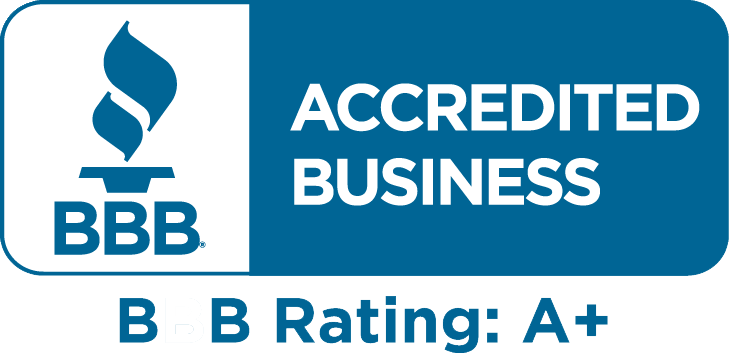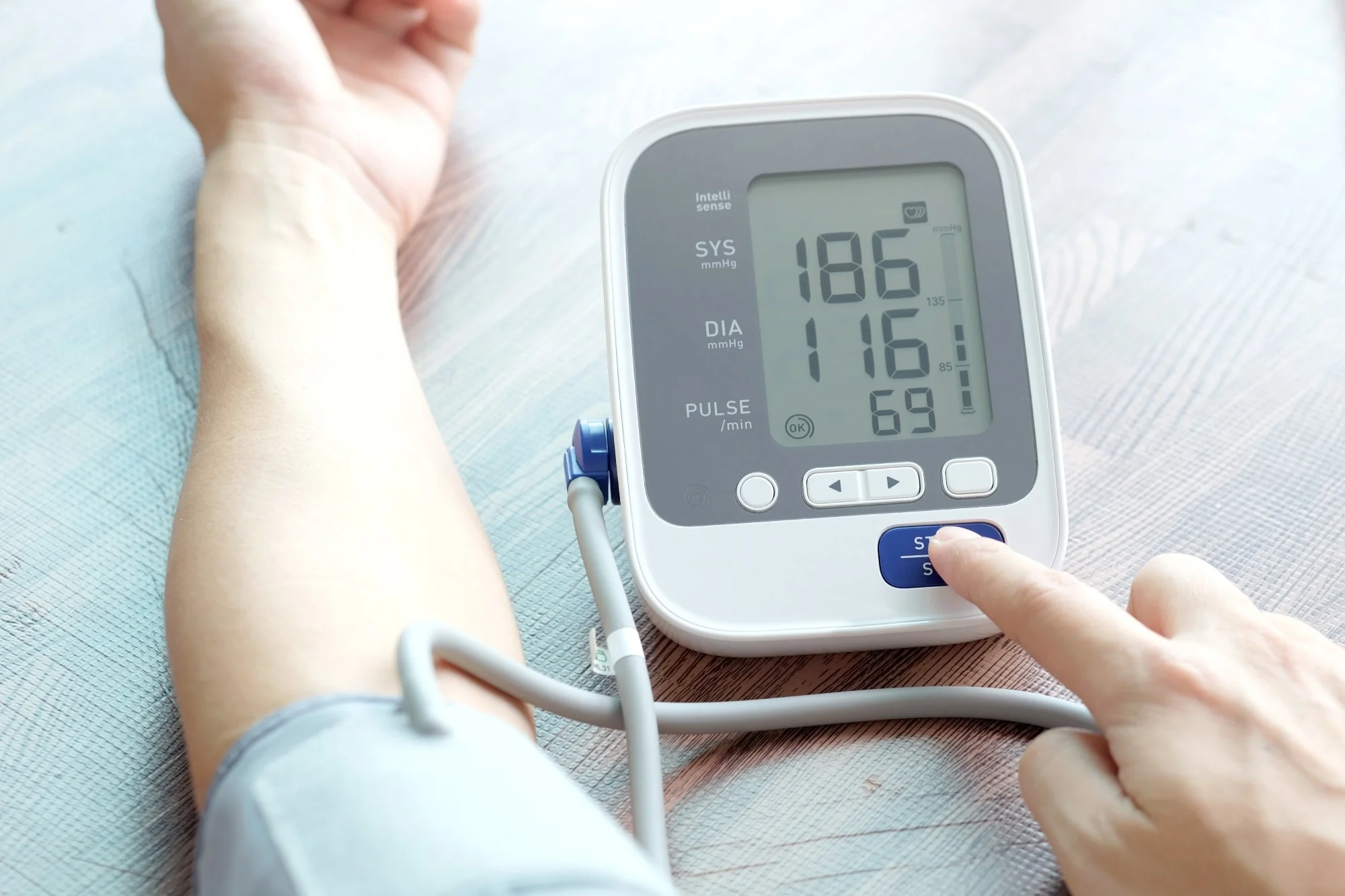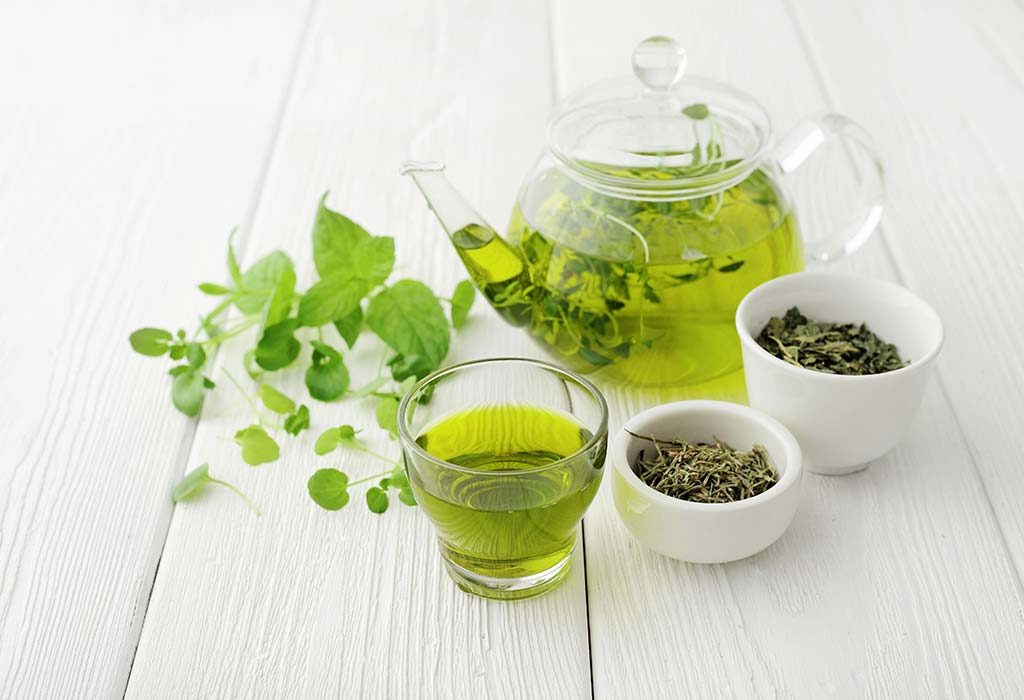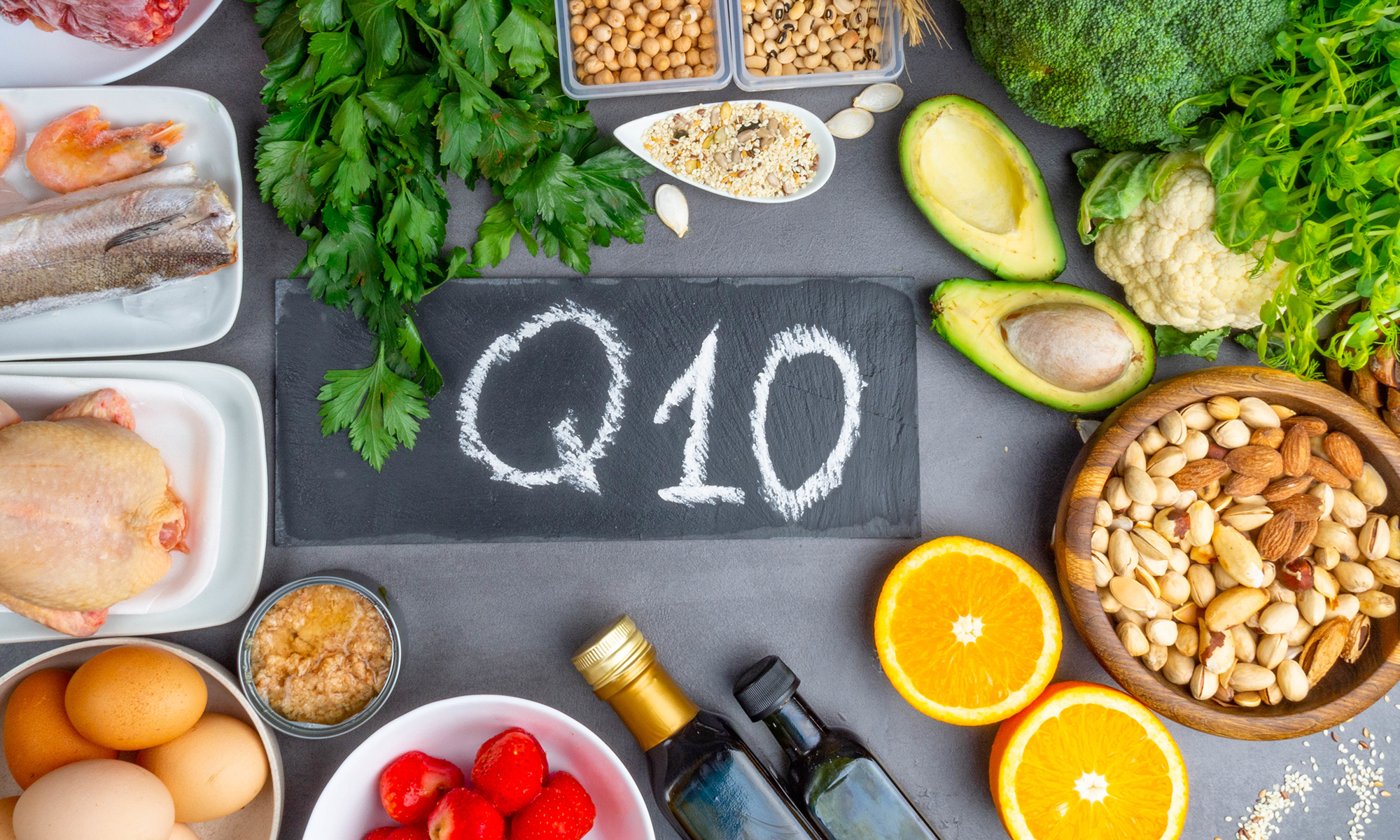Resveratrol Heart Health Support: Enjoy the Health Benefits of Grapes Without Drinking Wine
February is all about hearts. Valentine’s Day, love and hearts. It’s actually Heart Health Awareness month, too, and we’d like to devote this EffiHealth E-Health Newsletter to tell you how you can get all the health benefits for your heart (and more) from grapes without drinking a drop of wine.
Wait a minute— what about all those studies that have been saying that drinking a glass of red wine with dinner might actually be good for heart health? It’s true. There have been a lot of studies in the past couple of decades that point to the benefits of drinking wine. Not to mention, the World Heart Federation (WHF) agrees that there has been a lot of positive associations between drinking a limited amount of alcohol and health benefits. But they also say that a lot of those studies don’t take into account the participants’ pre-existing conditions or other medical issues.
Before you pour that next glass of wine, please read why WHF recently released a policy brief that recommends “no amount of alcohol is good for the heart,” and how you can still benefit from the best bioactive ingredients that the grapes that go into making wine have to offer.
Enjoy the Health Benefits of Grapes Without Drinking Wine
The American College for Cardiology released a study May 6, 2021 that says alcohol in moderation may help the heart by calming stress signals in the brain. They define moderate intake as no more than one alcoholic drink for women and two for men per day.1
Here’s the controversy. “The current study suggests that moderate alcohol intake beneficially impacts the brain-heart connection. However, alcohol has several important side effects, including an increased risk of cancer, liver damage and dependence. So, other interventions with better side effect profiles that beneficially impact brain-heart pathways are needed,” said Kenechukwu Mezue, MD, a fellow in nuclear cardiology at Massachusetts General Hospital and the study’s lead author.1
Mezue adds that these findings should not encourage alcohol use, but they could open doors to new therapeutics or prescribing stress-relieving activities like exercise or yoga to help minimize stress signals in the brain.
Additionally, the World Heart Federation’s new recommendation indicates basically the same thing, that no amount of alcohol is healthy. In fact, their report says that “in 2019, more than 2.4 million people died because of alcohol, accounting for 4.3% of all deaths globally and 12.6% of deaths in men aged 15 to 49. Alcohol is a psychoactive and harmful substance that can cause significant damage to the human body. Its consumption is a major avoidable risk factor for noncommunicable diseases, including cardiovascular disease, cancer, digestive diseases, and intentional and unintentional injuries, and for several infectious diseases. The evidence is clear: any level of alcohol consumption can lead to loss of healthy life.”2
In addition to engaging in stress-relieving activities, scientists are finding that resveratrol, the antioxidants in wine, show promising support to overall heart health. All without the deleterious effects of alcohol.
What is Resveratrol?
Resveratrol is a polyphenol that’s in the skins of red fruits, grapes, seeds, berries and other plants. Polyphenols are a large group of plant compounds that are classified into flavonoids and proanthocyanins, which are potent antioxidants.
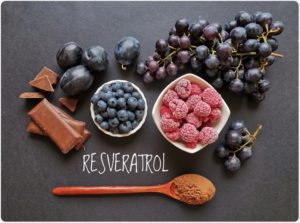
Resveratrol is particularly concentrated in the skin of the grapes that make red wines in response to a bacterial infection that affects the plant. As a result, resveratrol acts as a natural antibiotic to protect the plant. It also acts as a phytoestrogen, mimicking some of the effects of estrogen while blocking others.3
In the early ‘90s scientists discovered that resveratrol is the secret ingredient found in polygonum, used in Asian heart remedies. These medicines are traditionally prescribed for liver and heart conditions. Since then, hundreds of studies have shown that resveratrol is beneficial to a long list of health concerns.
What Can Resveratrol Do For You?
-
- Helping to support fat metabolism
- Supporting weight management
- Supporting healthy blood glucose
Obesity is characterized by an excess accumulation of adipose tissue which is a risk factor for the development of chronic diseases. Resveratrol has demonstrated significant improvement of glucose control and insulin sensitivity, enhanced fat metabolism, and decreased abdominal fat cells in several human trials. So, this leads researchers to believe that it helps support weight management and reduce the health issues, including heart disease, that often accompany obesity.4,5
Supports Healthy Blood Pressure and Circulation
Resveratrol is able to support blood flow by naturally enhancing nitric oxide production in the body. Nitric oxide helps blood vessels to relax and dilate, which enables blood to flow freely throughout the vascular system.6 As a result, this has a direct impact on helping to support healthy blood pressure.7 Additionally, resveratrol helps protect the heart by reducing vascular inflammation and oxidative stress.8
Provides Anti-Aging Support
Resveratrol contains sirtuins, which are proteins responsible for regulating stress responses, metabolism and the aging process. Resveratrol has been found to mimic the lifespan extending activity of sirtuins, which is huge because it might have the potential to alleviate age-related health issues.9
Helps Support Immunity
Scientists believe that resveratrol can play a beneficial role in the supporting various aspects of health, including immune support. Resveratrol plays a role in immune support since it interferes with immune cell regulation and gene expression. Resveratrol is able to influence a variety of inflammatory components in the body and influence “immune-regulatory effects on immune cells”.10
Overall
It’s clear that resveratrol has numerous health benefits. The good news is that it’s available as a nutritional supplement … which means that you can obtain the full benefits without drinking wine. So be smart and play it safe. Add a resveratrol supplement to your health regimen to support cardiovascular health, and more!
Have a Safe, Healthy and Happy Valentine’s Day!

